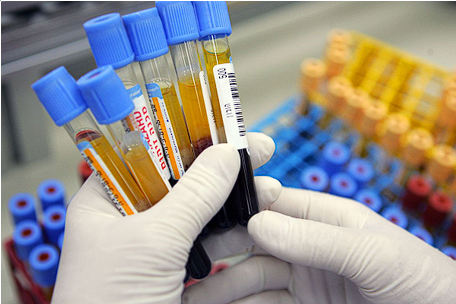Is Vitiligo a Blood Disease?

The occurrence and development of vitiligo are related to many factors, so is vitiligo related to blood disease?
First of all, from the cause of vitiligo, the direct cause of vitiligo is the reduction or disappearance of the number of melanocytes in the skin and hair follicles, and due to the reduction or disappearance of tyrosinase activity in melanocytes, resulting in a progressive reduction or disappearance of melanin production caused by limited or generalized depigmentation lesions. In this respect, the occurrence of vitiligo has nothing to do with blood.
Secondly, as mentioned above, vitiligo patients do have neuroendocrinological and immunological alterations. Therefore, there are bound to be some test items that are abnormal when blood tests are performed on vitiligo patients. It has been shown that vitiligo patients may have both thrombocytopenia and elevated platelet surface-related antibodies.
Other researchers have also found organ-specific antibodies such as anti-parietal cell antibodies, antinuclear antibodies, and even anti-melanocyte antibodies in vitiligo patients. However, these abnormal laboratory tests are still different from the statement that vitiligo is a blood disease.
So we can’t say vitiligo is a blood disease. It is mainly a skin problem with no relationship with a blood disease. However, by finding the abnormalities in the blood of vitiligo patients, doctors can discover the potential internal disorder, and identify the cause, this cause-targeted treatment can improve the success rate, and be beneficial for the recovery of vitiligo patients.



Leave a Comment